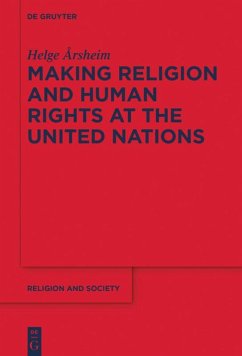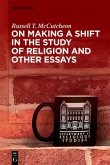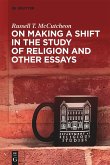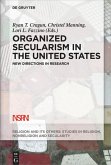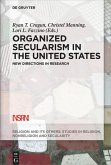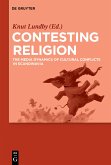This volume examines the different and sometimes contradictory approaches of four UN human rights committees to the concept of religion. Drawing on critical perspectives from religious studies, the book combines a genealogical assessment of the role of religion in international law with a detailed textual study of the reporting practice of the committees monitoring racial discrimination, civil and political rights, women's rights, and children's rights. Årsheim argues that the role of religion within the rights traditions monitored by the committees varies to the extent that their recommendations risk contradicting one another, thereby undermining their credibility and potential to bring about real change on the ground: Where some committees view religion singularly as a core individual right, others see religion partly as an inherent threat to the realization of other rights, but also as a potent social force to be reckoned with. In order to remedy this situation, Årsheim proposes the publication of a joint general comment by all the committees, spelling out their approach to the role of religion in the implementation of human rights.
Bitte wählen Sie Ihr Anliegen aus.
Rechnungen
Retourenschein anfordern
Bestellstatus
Storno

